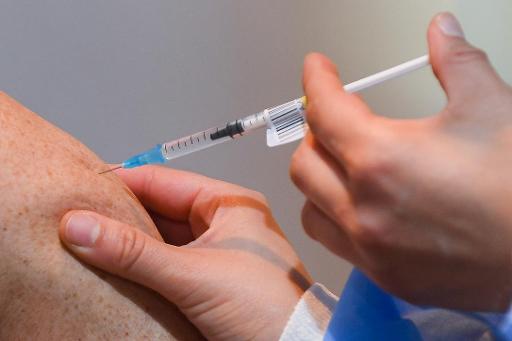Health insurers on Friday sent the list of national registration numbers of high-risk patients to the Sciensano public health institute’s data base of vaccination codes.
This followed the approval by the federal, regional and local governments of a cooperation agreement on the vaccination of high-risk groups, the insurers announced in a statement.
High-risk patients under the age of 65 are in fact a priority group since, like senior citizens, they run a greater risk of ending up in hospital when infected with the novel Coronavirus, the health insurers recalled.
The selection of high-risk patients was based on criteria set by the Conseil Supérieur de la Santé (Higher Council of Health), the insurers said in their statement, noting that the list sent to Sciensano only contains national registration numbers.
“At no time will medical information be submitted,” said Luc Van Gorp, president of the Collège National Intermutualiste (CIN), the body to which national health insurers belong.
The data base can now only be completed by doctors and may not be used for purposes other than the COVID-19 vaccination campaign, the insurers stressed. The data will, moreover, be deleted no later than five working days after the end of the pandemic.
The list of high-risk patients, established by the health insurers based on the data they have concerning the reimbursement of medication or medical treatment costs, contains about 1.5 million names.
From 8 April, everyone will be able to check whether their national registration numbers have been included in Sciensano’s vaccination registration codes.
Thus far, 1,340,000 Belgians – 12% of the population - have received a first dose of a vaccine, while 528,000 persons - 5% – also had their second jabs, according to information released on Friday by the Crisis Centre and Sciensano at a press conference.
The Brussels Times

